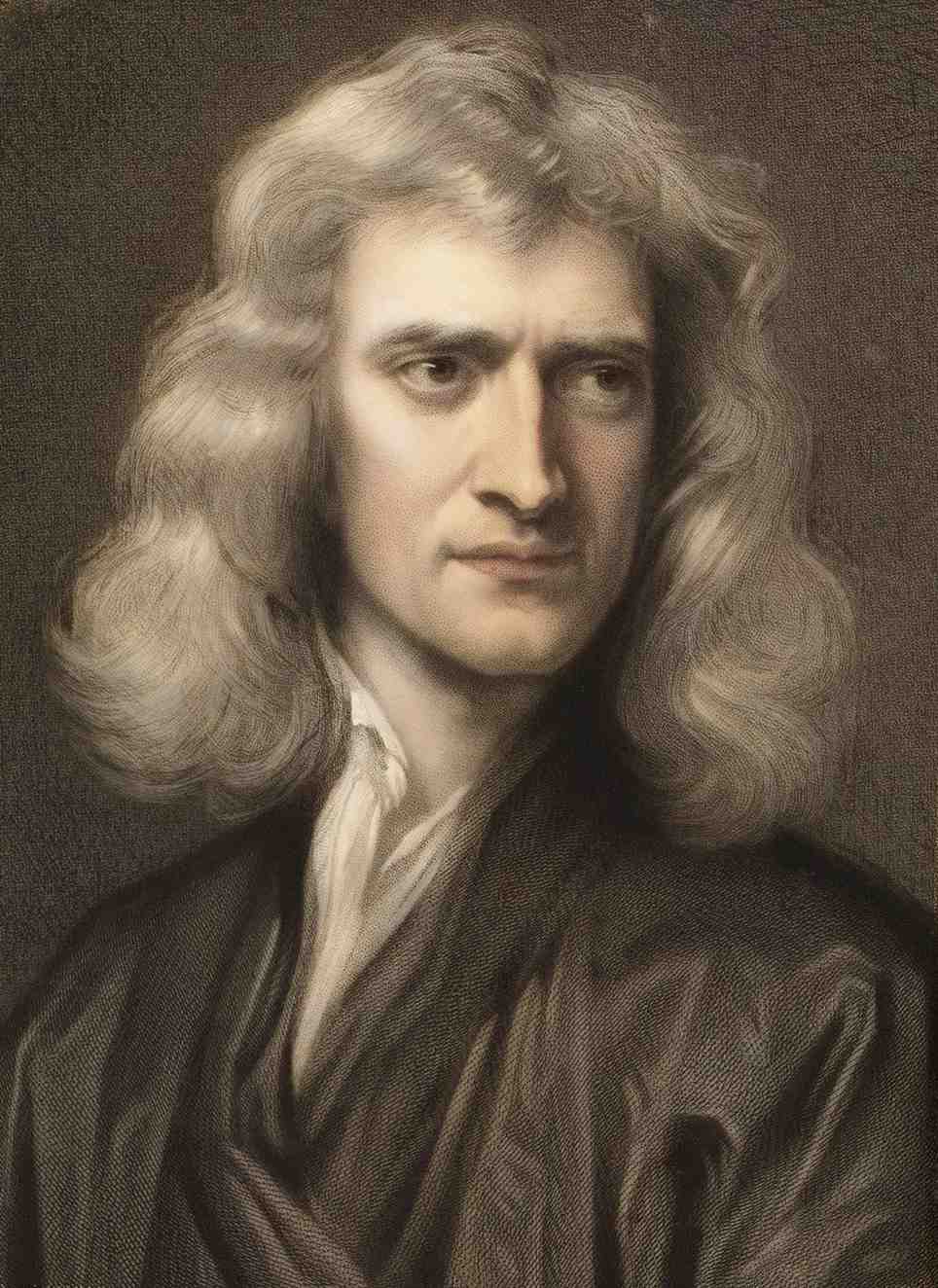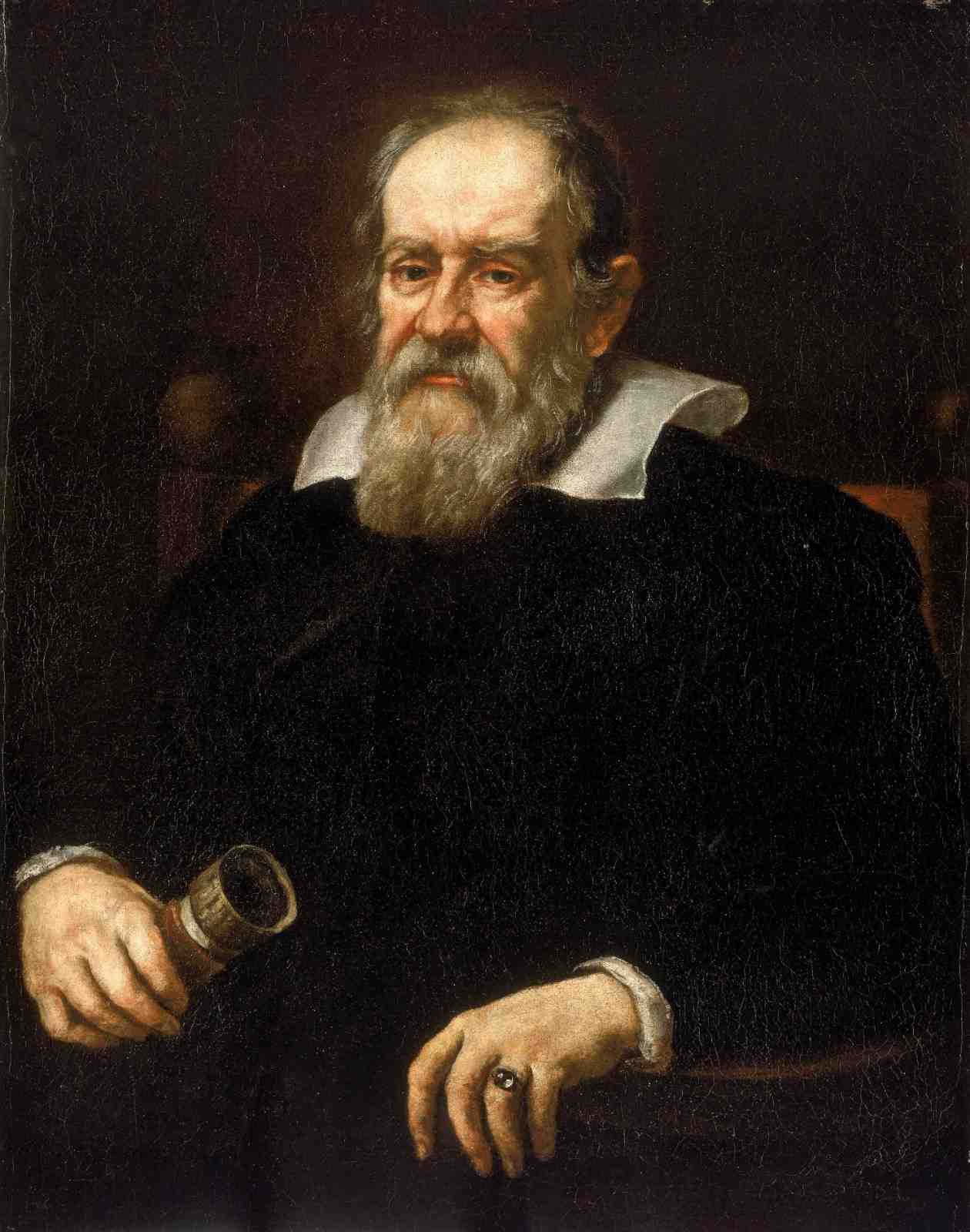Author: Physics Notebook
-

Madam Marie Curie: A Radiant Legacy of Science, Sacrifice, and Inspiration.
—
by
Madam Marie Curie: A Radiant Legacy of Science, Sacrifice, and Inspiration Maria Salomea Skłodowska-Curie (7th November 1867 – 4th July 1934) simply known as Marie Curie, was a Polish and Naturalised-French (1895-1934) physicist and chemist who conducted pioneering research on radioactivity. The early life and education of Marie Curie were marked by resilience, intelligence, and…
-

Sir Isaac Newton: The Extraordinary Life And Legacy Of A Scientific Genius.
—
by
Sir Isaac Newton (1643–1727) stands as one of the most influential figures in scientific history, whose discoveries transformed our understanding of the physical world. Known primarily for his laws of motion and universal gravitation, Newton’s work laid the groundwork for classical mechanics, significantly advanced mathematics, and changed the way humanity perceives the natural universe. This…
-

Galileo Galilei: From Starry Discoveries To Earthly Trials – A Revolutionary Journey Of The Father Of Modern Physics
—
by
It was 5:00 p.m. on Thursday, January 7, 1610. Galileo Galilei stood in his garden in Padua, northern Italy. In his hands, he held a telescope which he recently built by himself. That night, he had decided to try something, no one else has done before: he was going to point his telescope toward Jupiter.…
-
What Are The Basic Postulates Of Statistical Mechanics?
—
by
Fundamental Postulates Of The Statistical Mechanics: The fundamental postulates of the statistical mechanics are:
-
Assuming Maxwell-Boltzmann Distribution Of Molecular Speed, Obtain The Expression Of (i) Average Velocity (ii) r.m.s. Velocity And (iii) Most Probable Velocity.
—
by
According to Maxwell’s velocity distribution law, the number of molecules having velocity in the range and is given by, (i) Average Velocity: The average velocity is where, is the total number of molecules. by using, where, (ii) r.m.s. velocity (): The mean square velocity is, by using, Therefore, (iii) Most Probable Velocity (): The most…
-
Consider A System Of ‘N’ Ideal Boltzmann Gas Of ‘N’ Molecules Of Mass ‘m’ In A Volume ‘V’. Derive The Maxwell-Boltzmann Distribution Law Of Energy Amon The Molecules. Hence Derive An Expression Of Molecular Velocity Distribution Law And Momentum Distribution Law.
—
by
Maxwell’s energy distribution law: Let us consider a system of an ideal Boltzmann gas of molecules of mass in a volume . Let us consider a continuous distribution of the molecular energies so that the energy levels are continuously distributed. The number of the molecules between the energy range and is given by, where, is…
-
Write Down Maxwell’s Distribution Law And Show That It Corroborates The Equipartition Law Of Energy.
—
by
Maxwell’s distribution law: Maxwell’s distribution law is given by, where, is the number of the particles distributed in states and is the energy of each particle. is constant, is Boltzmann constant and is the absolute temperature. Corroboration of Maxwell’s distribution law with the equipartition of energy: Let us consider a continuous distribution of the molecular…
-
What Do You Mean By A Classical Distribution Function? Applying The Classical Distribution Function Establish The Principle Of Equipartition of Energy.
—
by
Classical Distribution Function: The ratio of the number of particles distributed in the states to the number of states is called distribution function. It is the average number of the particles per quantum state of the system. The Classical or the Maxwell-Boltzmann distribution function is given by, where, is constant, is Boltzmann constant and is…
-
Deduce Maxwell-Boltzmann Distribution Function.
—
by
Maxwell-Boltzmann Distribution Function: Let us consider a system of N distinguishable particles having total energy E which is divided into several levels. The level has states containing particles each of the energy subject to the conditions that both N and E are constants i.e. and The number of the ways in which the N particles…
-
What Are The Basic Postulates Of The Maxwell-Boltzmann Statistics?
—
by
Postulates Of The Maxwell-Boltzmann Statistics: The basic postulates of the Maxwell-Boltzmann statistics are :